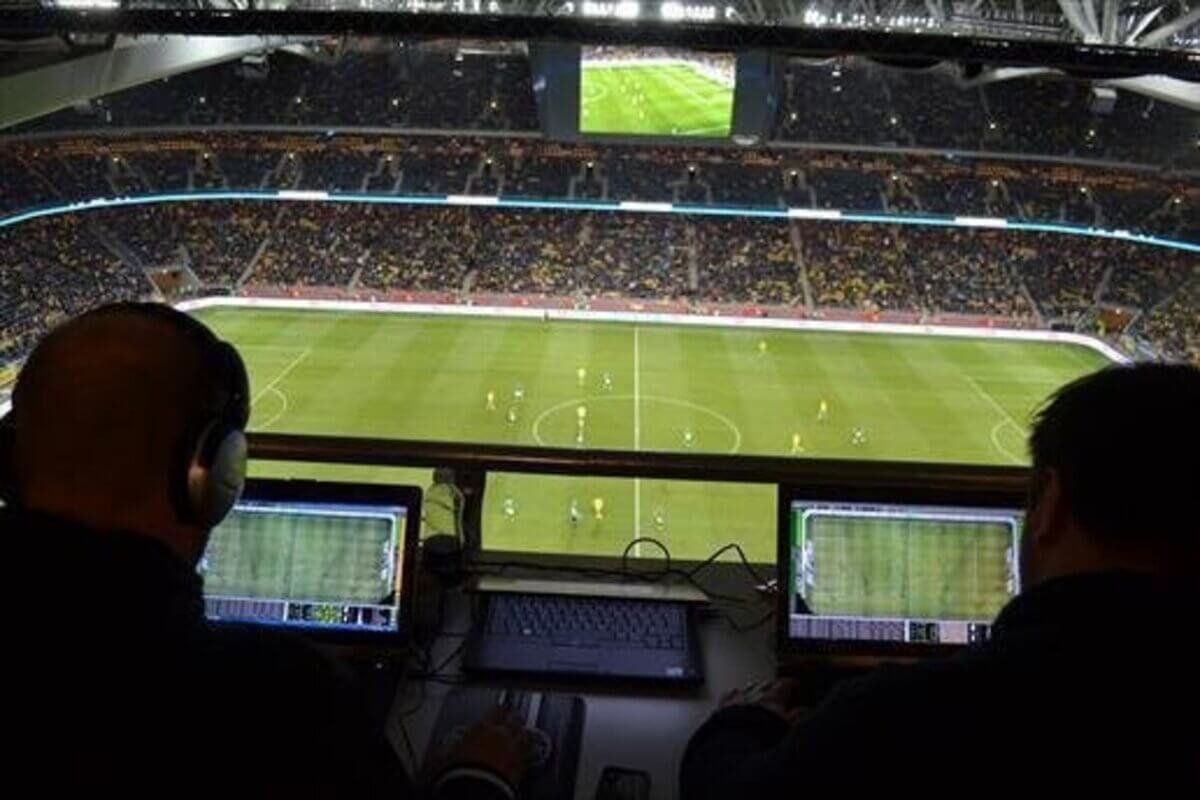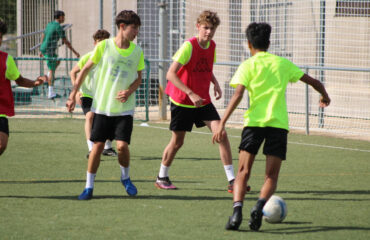In football we come across several nomenclatures that we often confuse or do not know how to differentiate them in the best way due to their role within a club. Therefore, we will explain the difference between the figure of the analyst and the scout.
WHO IS THE SCOUT IN FOOTBALL?
The scout is the person in charge of monitoring and scouting in the short, medium or long term for the club he works for. He observes football matches in order to identify talent.
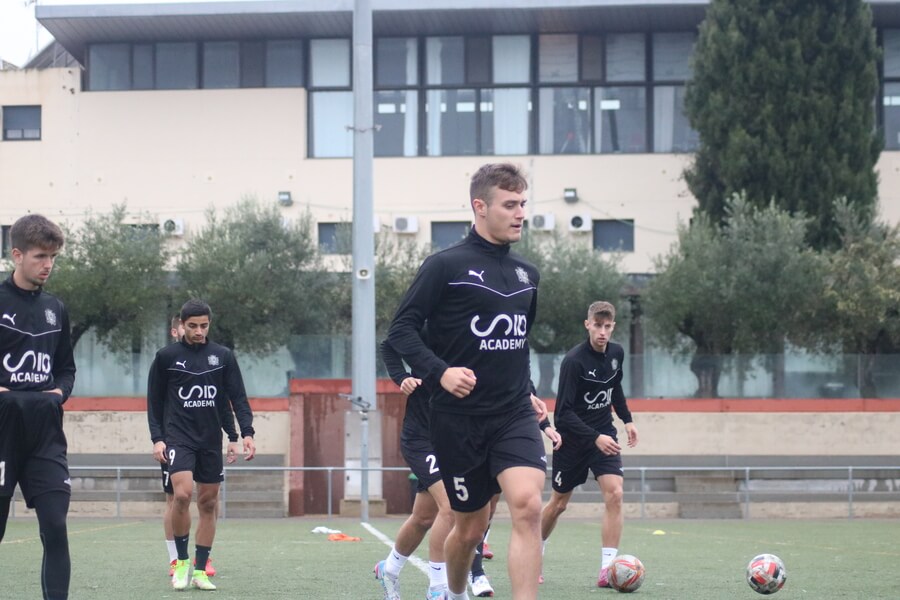
Ways to monitor a football player
Different ways of carrying out this monitoring:
1.- On-field monitoring, where the scout has a list of matches to which he has to go weekly to observe possible future incorporations. The scouts are distributed by geographical areas, covering more or less, depending on the club they work for.
2.- Use of specialised programmes: Nowadays, many clubs have licences for programmes that allow them to watch all the matches they want, thus avoiding travelling and also, if several matches coincide at the same time, not having to choose one or the other. Platforms such as InStat or WyScout are key programmes in the Sports Departments and Technical Secretaries of top level clubs.
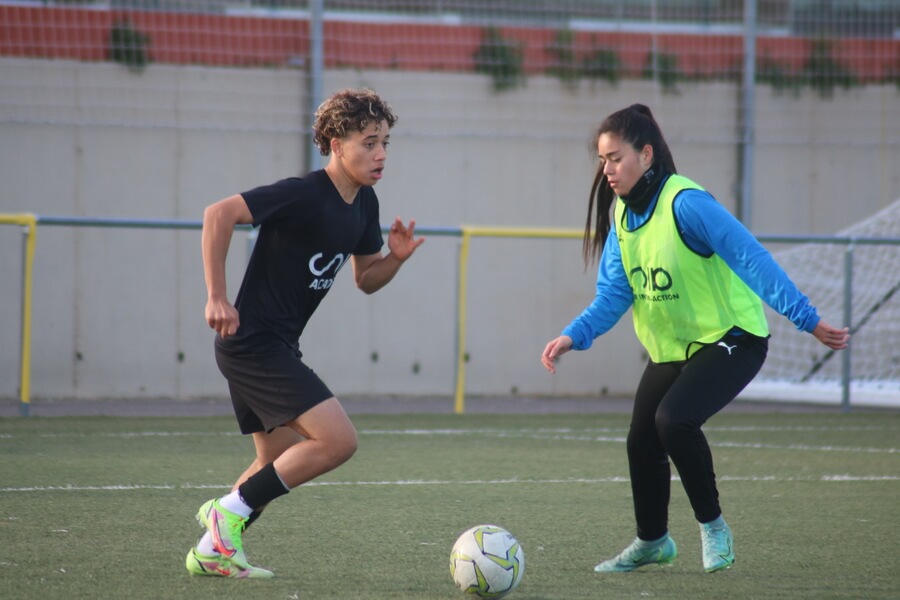
Knowledge of a football scout
It is necessary for the scout to have a thorough knowledge of the playing model of the club he is working for in order to detect the players who can best adapt to it. He must have the ability to predict the player’s adaptation to the team, so it is important to be aware of his environment before signing a player.
Knowing these aspects becomes part of the scouting process. In this process, it is especially important to analyse the player not only on the pitch and what his physical, technical or tactical conditions are, but also his social relations, the environment in which he has grown up, the family context, the culture, language or the climate in the place where he lives.

A clear example of this was the signing of the Colombian James Rodriguez with Bayern Munich where he said in an interview: “The cold cost me a lot, in Munich there is a lot of quality of life, but I could not be comfortable there. In Germany they only think about work, they are machines, you arrive and say hello, change, train and bye, everyone goes on with their lives. They are little machines. German was very difficult for me because I didn’t feel like it either, I told the teacher I had that I wasn’t going to waste his time or mine.
I don’t want to, I couldn’t cope with German, it was a language I didn’t want to learn,” says the importance of the scouting process, many players are not in a place one hundred percent, either for one reason or another, and that makes it possible for the player not to give an optimum performance for his new club.
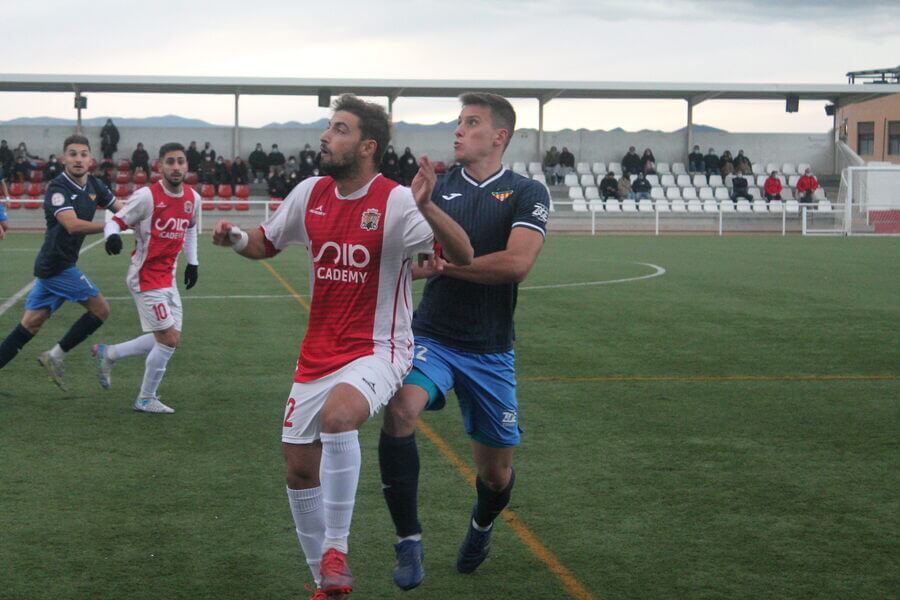
A clear example of a good scouting process before signing a player is carried out by Ramón Rodríguez Verdejo ‘Monchi’, sporting director of Sevilla, where in numerous interviews he stresses that it is very important to analyse all aspects surrounding the player, because the first thing is that he is comfortable and at ease so that he can perform at his best.
WHO IS THE FOOTBALL ANALYST?
We distinguish the analyst as the person in charge of the compilation of audiovisual content for its subsequent analysis in specialised football software, such as Longomatch, Nacsport, Hudl, etc.

Roles of the football analyst
He or she is in charge of studying the opponent with the aim of trying to predict what we may encounter during the course of the match, and to know how to counteract certain situations in the quickest way possible.
Unlike the scouter, the analyst is part of the coaching staff and is an integral part of it, it is even becoming increasingly common for coaching staffs to have their own analyst, as well as assistant coaches or physical trainers, and all this analysis and prior study of the opponent reduces the probability of chance being the protagonist in the match, tipping the balance in a positive way towards the team that has analysed its opponent.
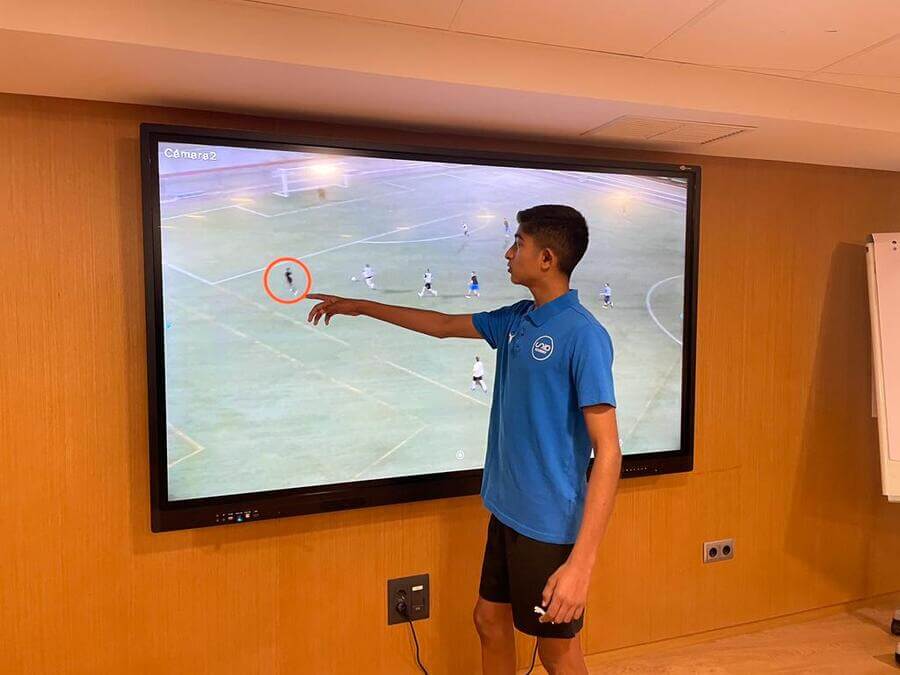
Role of the analyst in the football team
Finally, it should be noted that it is becoming more and more common for the analyst to become part of the decision making process when deciding whether the scout is going to watch or follow a player, because he is continuously observing many opponents’ games for subsequent analysis.
The analyst is part of the coaching staff while the scouter is not part of the coaching staff. The analyst advises the coach and provides him with the necessary information to improve the team and outperform the next opponent.



